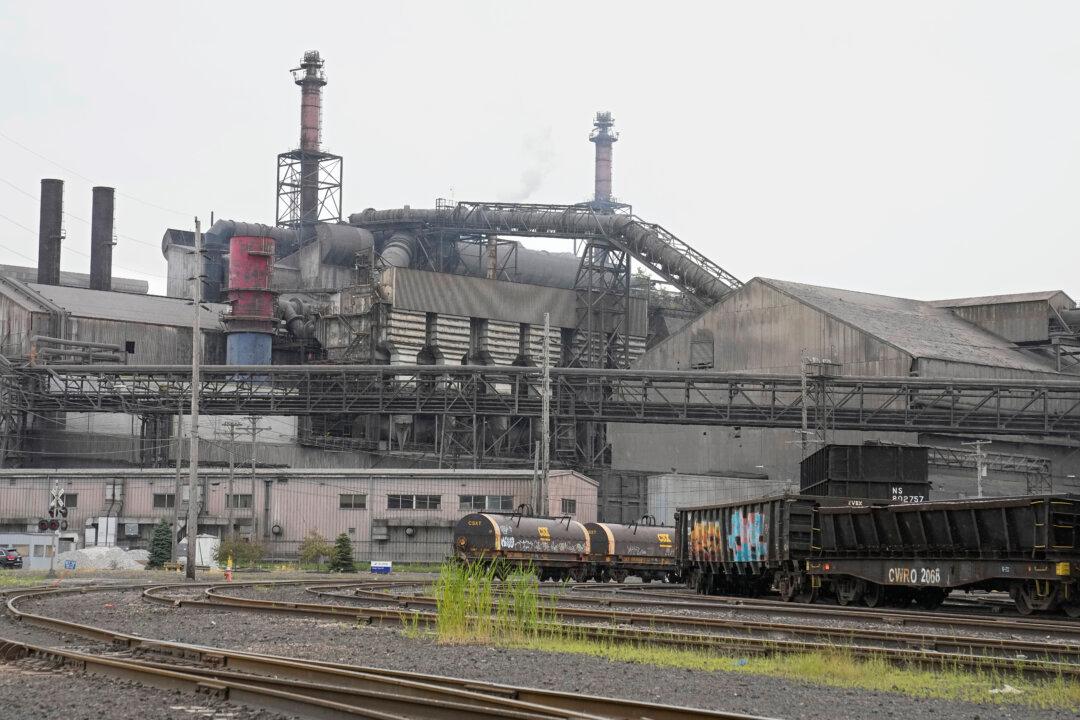The once-bustling Weirton plant in West Virginia now stands silent, its workers displaced and the local economy struggling to cope. For over a century, the iconic steel mill defined the town’s skyline and provided employment for countless locals. However, recent decisions by the U.S. International Trade Commission (ITC) have led to the plant’s closure and left residents scrambling to pick up the pieces.
The ITC, which consists of appointees from both the Obama and Trump administrations, voted 4-0 to overturn a Department of Commerce recommendation. The proposed tariffs on tin imports from China, Germany, and Canada would have supported domestic steel production but were rejected by the ITC. Additionally, an investigation into South Korean imports was halted. This decision likely sealed the fate of Weirton’s remaining 900 workers and significantly impacted the surrounding region.
The closure has had a ripple effect throughout the Ohio Valley, with local leaders struggling to address the sudden loss of tax revenue. Mayor David A. Velegol Jr. of Follansbee in Brooke County expressed his concerns about the death of Weirton’s mill: “That is 25 percent of our tax base; how do you even begin to fill that gap.
Sadly, the closure has been met with little fanfare or support from national media outlets. As West Virginia residents face the emotional and financial challenges of relocation and job loss, their plight remains largely ignored by those in power.
The question arises: why are these people’s lives expendable to the rich and powerful? One answer lies in the region’s lack of political influence or industrial lobbyists. With a small population and no major political figures to advocate for them, West Virginia residents struggle to be heard amidst the nation’s larger economic issues.
Despite this seemingly bleak outlook, there may still be hope on the horizon. Last week, Cleveland-Cliffs CEO Lourenco Goncalves announced plans to expand transformer production in the region, hinting at a potential repurposing of the Weirton plant. Although these discussions are ongoing and no concrete deals have been made yet, the prospect of reopening the mill offers a glimmer of hope for workers and their families.
For now, though, the silence remains deafening as the once-thriving community mourns the loss of its defining industry. The closure has left Weirton residents grappling with the emotional and financial impact, struggling to maintain the local businesses that relied on the mill’s workers for survival.
As 900 workers face an uncertain future away from their families and friends, the hope for a brighter tomorrow seems distant. For many in West Virginia, this is not the first time they have faced such adversity; each furlough takes a piece of their lives away. Only time will tell if the promise of expansion brings new life to the Weirton plant and restores the hum that once defined this town.

